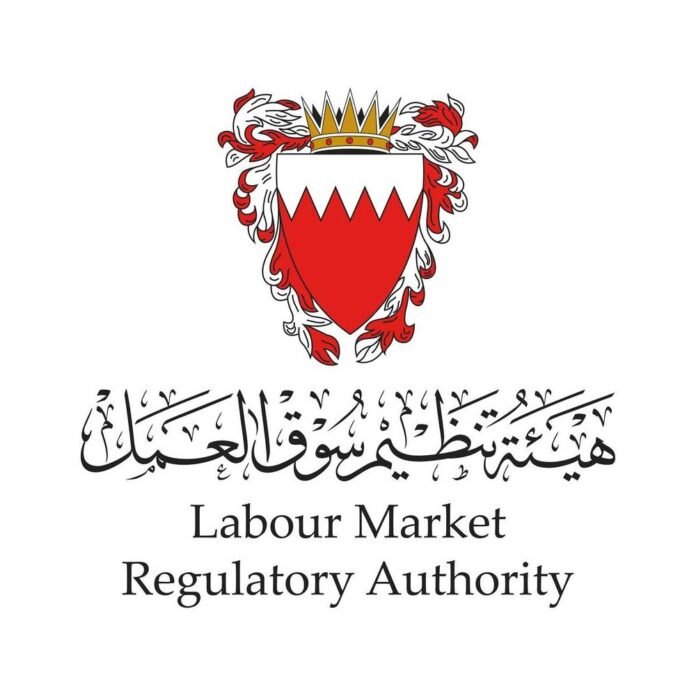Bahrain is intensifying efforts to protect its economy and society through labor market inspections. These inspections aim to reduce illegal workers and ensure businesses follow the law.
Between June 29 and July 12, authorities carried out 1,167 labor market inspections across the country. Officials discovered 19 workers violating residency or labor regulations. Moreover, they deported 242 individuals who were found working illegally.
The Labor Market Regulatory Authority announced that the goal is to maintain fair competition and economic stability. It stressed the importance of cracking down on illegal labor practices.
Authorities explained that 1,146 visits targeted various commercial businesses across all governorates. Additionally, 21 joint campaigns took place. For example, one operation occurred in the Capital Governorate. Seven were conducted in Muharraq. Three took place in the Northern Governorate, while ten were held in the Southern Governorate.
Besides, several government departments supported these operations. These included the Interior Ministry’s directorates for nationality, passports, residency, and coastal security. Moreover, teams from the Industry and Commerce Ministry as well as the Social Insurance Organization participated.
Officials emphasized that the fight against illegal labor remains ongoing. They pledged to keep increasing labor market inspections in every part of Bahrain.
These actions aim to stop violations that could harm the kingdom’s labor environment. Authorities worry illegal practices can threaten economic competitiveness and social safety.
Furthermore, officials encouraged citizens and residents to report any suspicious labor activities. They can submit complaints using the official Labor Market Regulatory Authority website. People may also use Bahrain’s national suggestions and complaints platform, Tawasul.
Alternatively, the public can call the authority’s helpline for assistance or information.
To conclude, the government wants to protect Bahrain’s economy and ensure all workers operate legally. Through persistent labor market inspections, authorities hope to build a stable and competitive labor market that benefits everyone.


